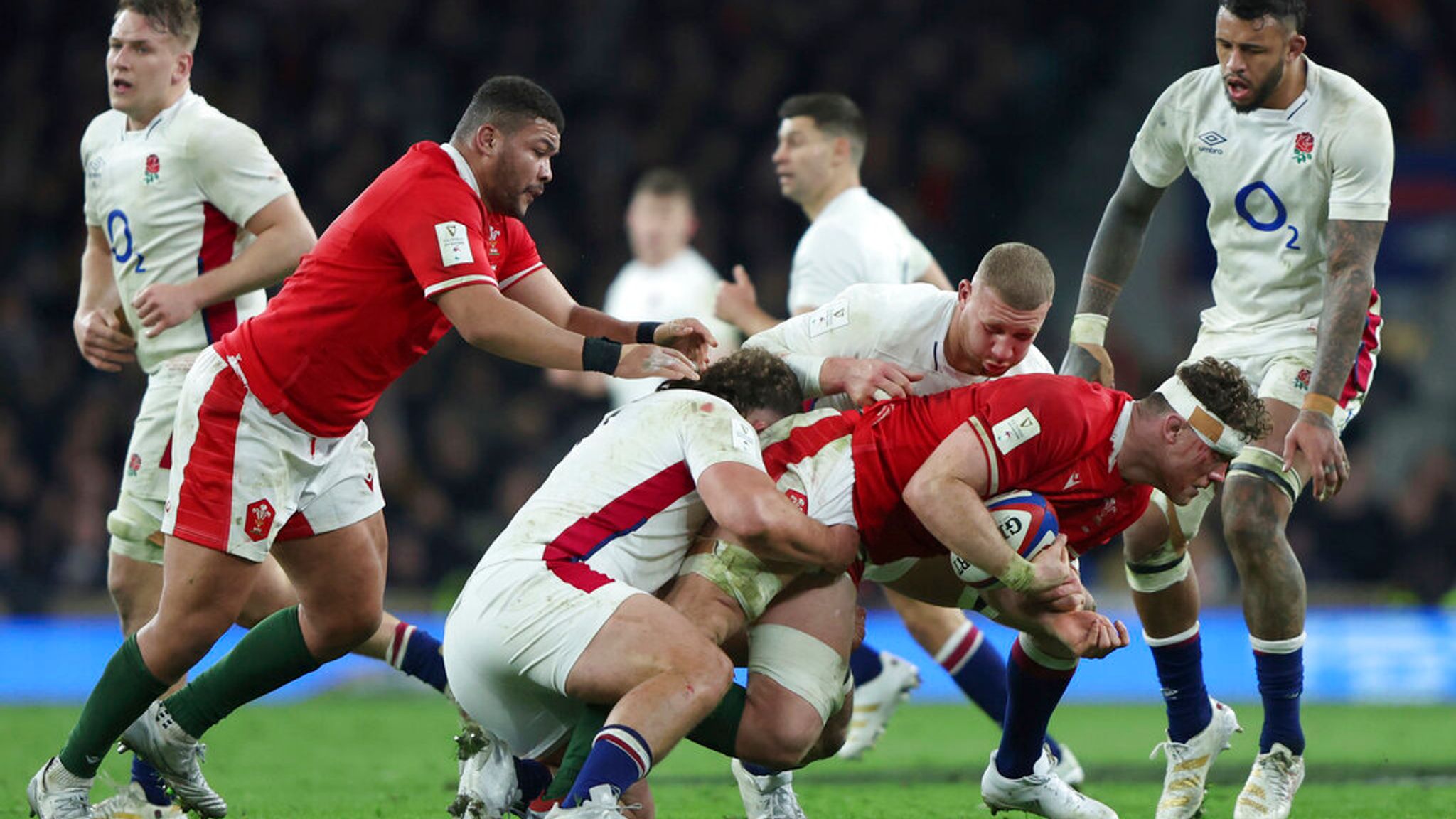Rugby players are some of the most physically fit athletes in the world. In order to maintain their strength, endurance, and overall fitness, they have to eat a well-balanced and nutritious diet that fuels their bodies with the right combination of protein, carbohydrates, and healthy fats. In this article, we’ll take a closer look at what rugby players eat, from breakfast to dinner and everything in between.

Best Breakfast for Rugby Players
Breakfast is the most important meal of the day for rugby players, as it provides them with the energy they need to tackle the day ahead. A typical rugby player’s breakfast might consist of oatmeal, eggs, whole-grain toast, and a fruit smoothie. This combination of protein, carbohydrates, and healthy fats gives them the energy they need to perform at their best.
Best Lunch for Rugby Players
Lunch is typically a midday meal that provides rugby players with sustained energy to power through the rest of their day. A typical rugby player’s lunch might consist of a chicken or turkey sandwich on whole-grain bread, a side of vegetables or salad, and a piece of fruit. This meal is balanced with protein, carbohydrates, and fiber to help keep players feeling full and energized.
Best Pre-Training for Rugby Players
Before a training session, rugby players need to fuel their bodies with the right combination of carbohydrates and protein to provide them with energy and support muscle growth. A pre-training meal might consist of a banana, Greek yogurt, and a handful of almonds. This combination of carbohydrates and protein provides rugby players with the energy they need to get through their training session.
Best Post-Training Meal for Rugby Players
After a training session, rugby players need to replenish their bodies with the right combination of protein and carbohydrates to help rebuild muscle tissue and refuel their energy levels. A post-training meal might consist of a protein shake, a piece of fruit, and a handful of nuts. This combination of protein and carbohydrates helps rugby players recover and rebuild after a tough training session.
Best Dinner for Rugby Players
Dinner is the final meal of the day for rugby players, and it’s important that it’s well-balanced and nutritious. A typical rugby player’s dinner might consist of grilled chicken or fish, a side of vegetables, and a baked sweet potato. This meal is high in protein, healthy fats, and complex carbohydrates, which provide rugby players with sustained energy and help support muscle growth and repair.
Recipes Which Are Great For Rugby Players
Here are a few simple and nutritious recipes that rugby players might enjoy:
Oatmeal Breakfast Bowl:
- 1 cup of oats
- 1 cup of milk or almond milk
- 1 banana, sliced
- 1 tablespoon of peanut butter
- 1 tablespoon of honey
Cook the oats in the milk according to package instructions. Top with banana slices, peanut butter, and honey.
Grilled Chicken Sandwich:
- 2 slices of whole-grain bread
- 4 ounces of grilled chicken
- 1 slice of cheese
- 1 tablespoon of avocado
- 1 tablespoon of hummus
Toast the bread and top with chicken, cheese, avocado, and hummus.
Protein Shake:
- 1 scoop of protein powder
- 1 cup of almond milk
- 1 banana
- 1 tablespoon of almond butter
Blend all ingredients in a blender and enjoy!
How Many Calories Should Rugby Players Eat?
Rugby players require a higher caloric intake than the average person due to their increased activity levels and physical demands. The exact number of calories that a rugby player needs to consume each day will depend on their size, weight, and level of physical activity. On average, rugby players require between 2,500 and 4,000 calories per day, depending on their individual needs.
How Much Protein Should Rugby Players Eat?
Protein is essential for muscle growth and repair, making it a crucial nutrient for rugby players. Rugby players typically require between 1.2 and 1.7 grams of protein per kilogram of body weight each day. For a 200-pound rugby player, this equates to between 109 and 156 grams of protein per day. Good sources of protein for rugby players include lean meats, fish, eggs, and dairy products.
How Much Fat Should Rugby Players Eat?
While rugby players need to maintain a low body fat percentage to perform at their best, they still require a certain amount of dietary fat to support their overall health and wellbeing. Rugby players should aim to consume between 0.5 and 1 gram of fat per kilogram of body weight each day. Good sources of healthy fats include avocado, nuts, seeds, olive oil, and fatty fish.
How Much Carbohydrates Should Rugby Players Eat?
Carbohydrates are the primary fuel source for rugby players, providing the energy they need to perform at their best. Rugby players should aim to consume between 5 and 7 grams of carbohydrates per kilogram of body weight each day. For a 200-pound rugby player, this equates to between 454 and 635 grams of carbohydrates per day. Good sources of carbohydrates for rugby players include whole grains, fruits, vegetables, and legumes.
Conclusion
Rugby players require a well-balanced and nutritious diet to fuel their bodies for optimal performance. They need to consume a combination of protein, carbohydrates, and healthy fats throughout the day to maintain their strength, endurance, and overall fitness. From breakfast to dinner and everything in between, rugby players need to be mindful of their nutrition to maintain their performance levels and keep their bodies in peak condition.
